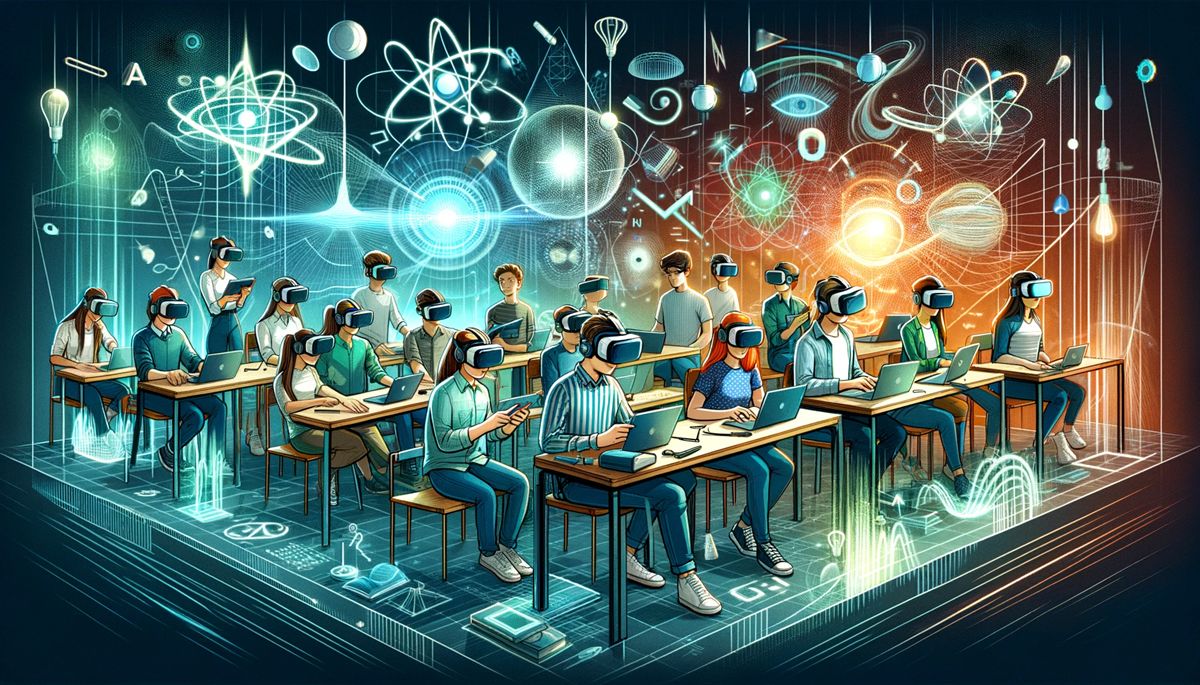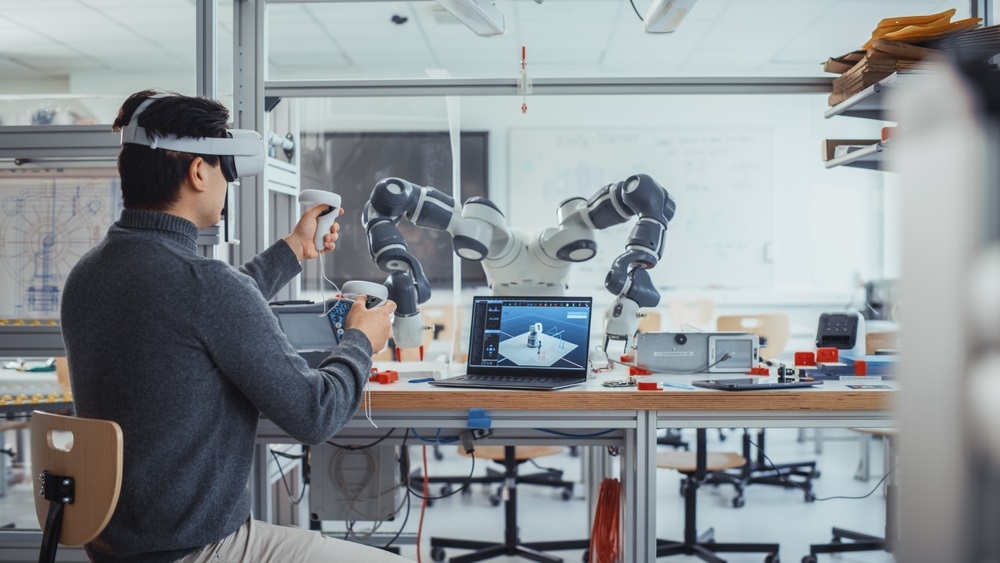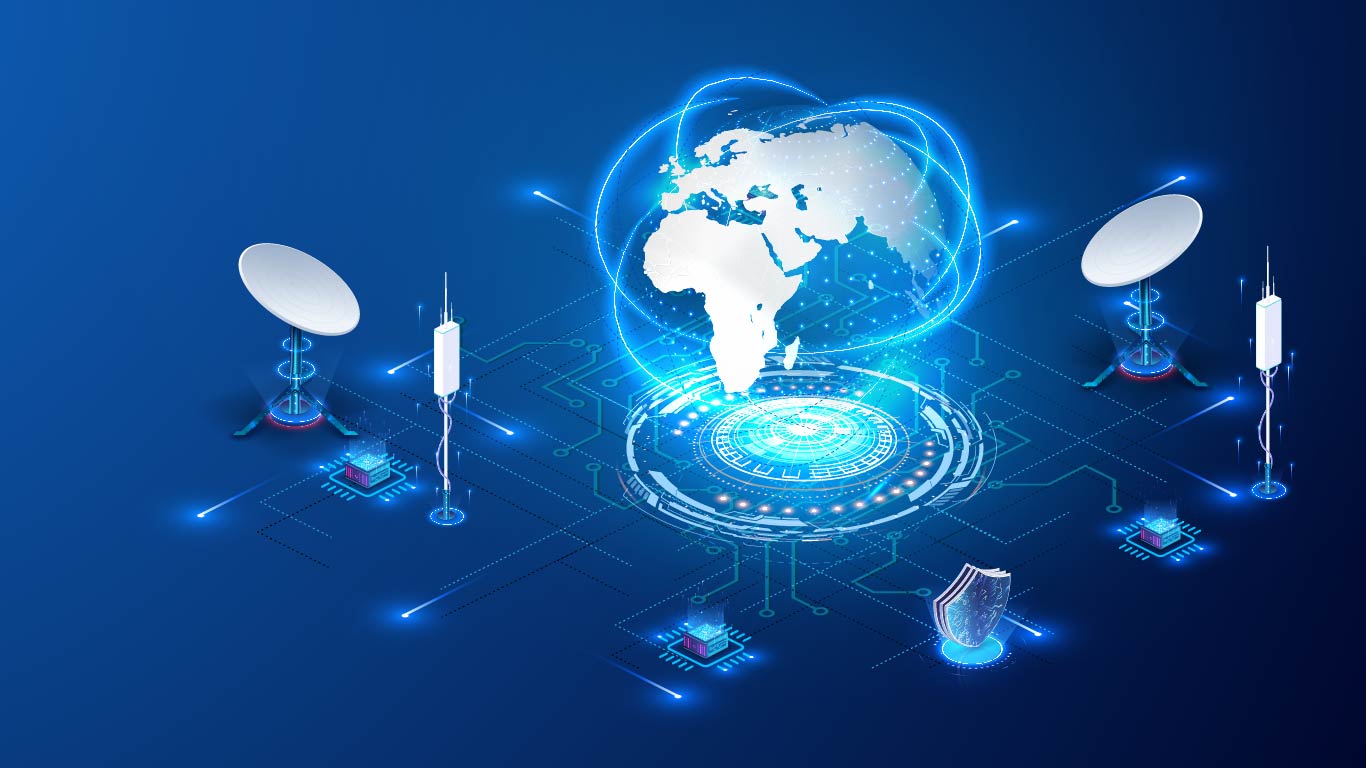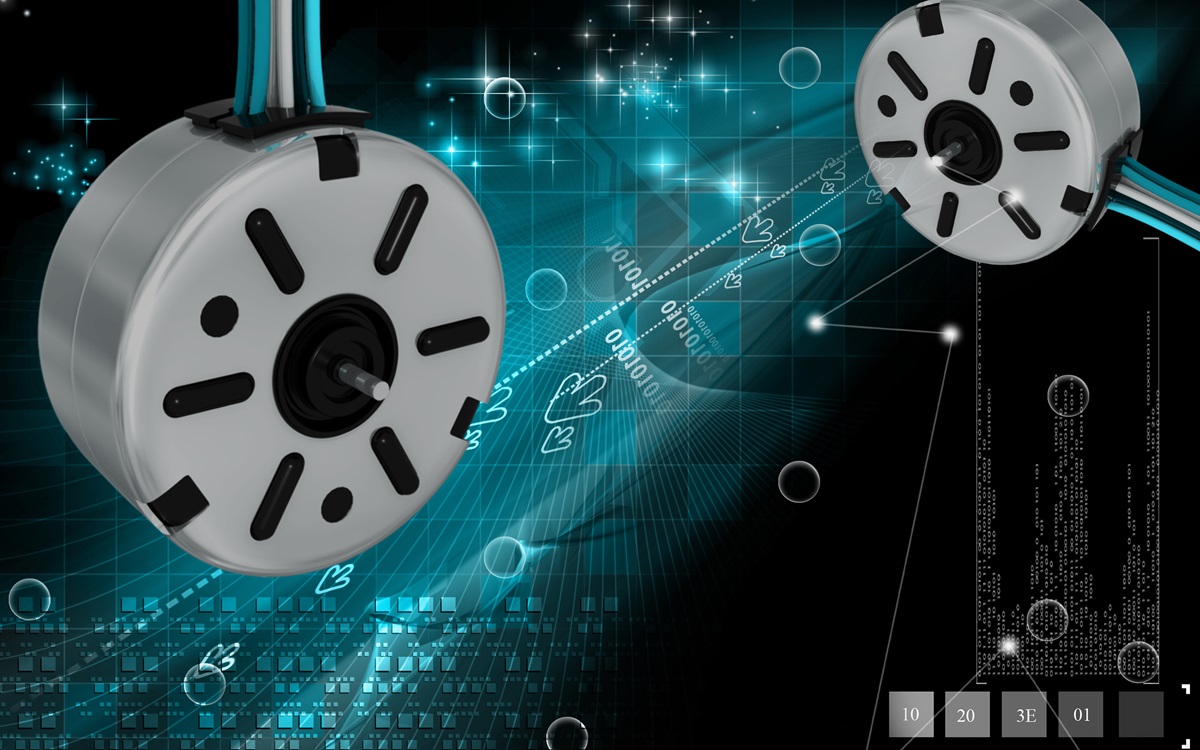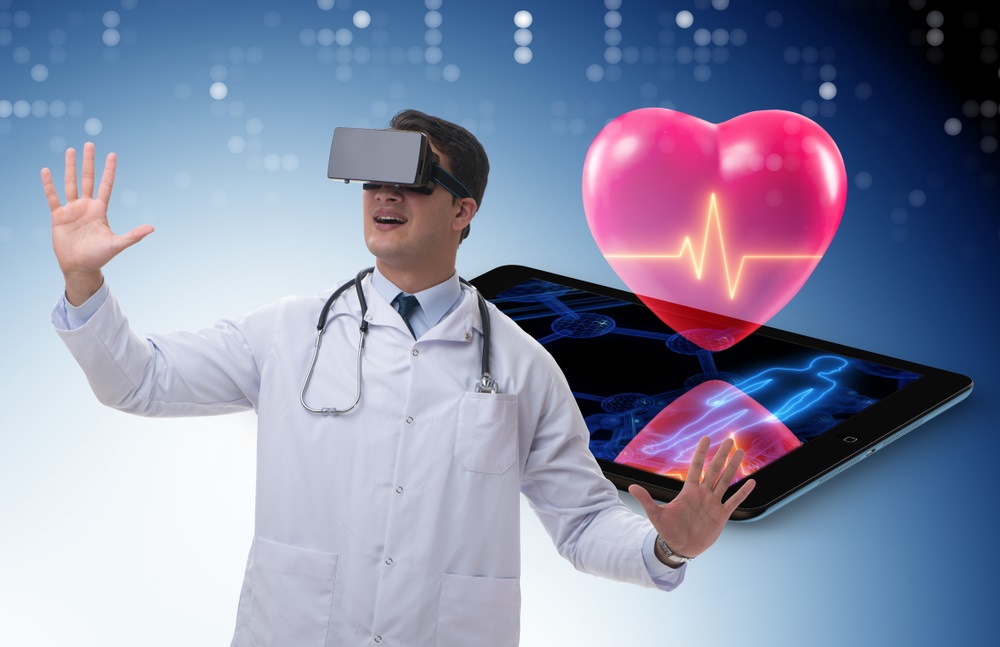Soft Skill Training in VR: Use Cases, Examples and Benefits
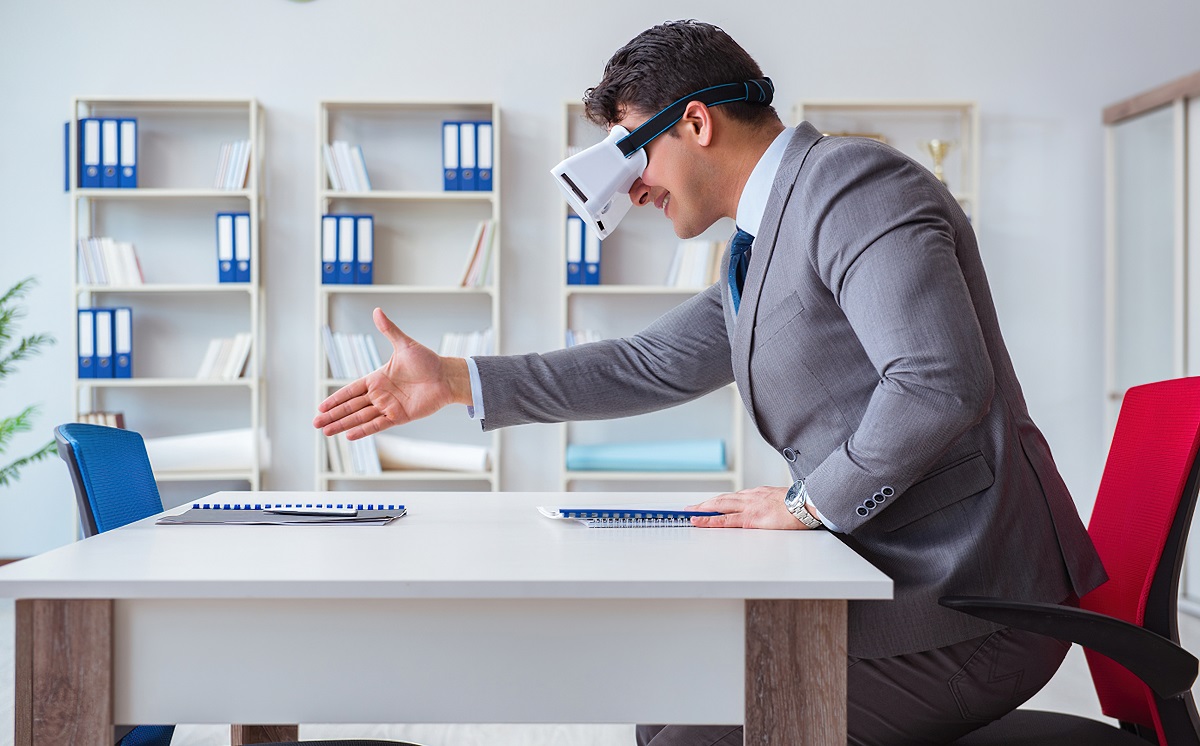
In today's ever-evolving educational landscape, technology is not just a supplement, instead, it's a game changer. One of the most captivating advancements is the rise of Virtual Reality (VR) for soft skill training. This novel approach has revamped traditional methods, giving educators and students an immersive experience like never before.
Yes, VR Soft Skills Training is no longer a concept of the future. It's very much a part of our present, especially in higher education settings.
The value of Soft Skills Training is paramount.
From effective communication and leadership to critical thinking and problem-solving, these non-technical skills determine how students interact, make decisions, and approach challenges. The integration of Virtual Reality Soft Skills Training in curricula is not merely an upgrade, but it's a necessity, and here's why.
VR Soft Skills Training in Education
One significant aspect of VR training in higher education is its ability to simulate realistic scenarios where students can practice soft skills. For instance, public speaking is a common fear among many. VR can emulate a room full of audience members, allowing students to build confidence without the immediate pressure of real-life judgment.
This is just the tip of the iceberg.
In another instance, think of a group project. Students in a VR environment can engage in collaborative projects where they can practice negotiation, delegation, and teamwork, all while being in different physical locations. It's like the magic of group brainstorming without the logistical nightmare!
For more specialized sectors like medicine, VR for surgical training has shown immense promise. Aspiring surgeons can practice interpersonal communication with patients or discuss complex procedures with mentors in a controlled VR environment, enhancing both their technical and soft skills.
VR in Higher Education: Beyond Technical Training
When many of us think about Virtual Reality in higher education, our minds often gravitate toward its applications in hard sciences or technical training. It's easy to visualize a medical student practicing surgical procedures or an architecture student walking through a 3D model of a building they've designed.
The milestones achieved with VR labs for colleges are indeed remarkable, as they've rendered some of the most intricate concepts comprehensible.
Yet, what often slips under the radar is the profound impact VR is making on soft skill training in higher education.
Soft skills, often termed "people skills" or "interpersonal skills," are critical for success in both personal and professional settings. They encompass communication, critical thinking, problem-solving, teamwork, and, quite importantly, spatial learning.
Spatial learning might not always be categorized under 'soft skills' in traditional pedagogy, but its role in understanding and internalizing information related to one's environment and spatial orientation is vital. This form of learning is particularly crucial for disciplines like history, geography, architecture, and even arts.
With the integration of immersive technologies in higher education, VR acts as a catalyst to elevate spatial learning.
But spatial learning through VR isn't just about immersion, it's about engagement. As students navigate these virtual spaces, they're required to make decisions, observe intricate details, and solve problems. Such interactive experiences reinforce learning and improve retention.
Furthermore, beyond spatial learning, VR has the potential to reshape other soft skills.
Consider communication and teamwork.
Students can engage in virtual group projects, navigating scenarios that require negotiation, leadership, and collaboration in environments that mimic real-world challenges. The emotional quotient (EQ) is another area poised for growth.
By immersing students in diverse cultural, social, or even historical contexts, VR can foster empathy, understanding, and broader global perspectives.
PwC Survey: A Testament to VR’s Efficacy
The relevance and effectiveness of VR in education are further highlighted by a recent survey conducted by PwC. The numbers speak volumes about the potential of VR:
● Adoption of VR: The survey showcases that companies are now integrating VR at different levels: research (13%), planning (17%), and integration into strategy (30%), while a significant percentage has already made it a part of their core strategy.
● Boost in Confidence: Learners using VR showed a remarkable 275% more confidence to act on their learned skills compared to classroom training, with a 35% improvement over e-learning.
● Efficiency in Learning: Astoundingly, students in VR courses were trained up to four times faster than traditional methods.
● Emotional Connect: This is crucial for any learning experience. The survey revealed that VR learners felt nearly 3.75 times more emotionally connected to the content compared to their classroom counterparts and 2.3 times more than e-learners.
● Enhanced Focus: In an era of constant distractions, VR-trained students showcased up to four times more focus than e-learning peers and were 1.5 times more focused than classroom learners.
"Ready to level up your soft skills? Experience the future of learning with VR training and thrive in today's competitive world!"
Benefits: The VR Edge in Soft Skills Training
RMIT University has deployed an in-person simulation to help students hone their interpersonal skills, but now it has developed virtual reality immersions that can enhance students’ learning experiences.
Here are the reasons that make VR a perfect solution for Soft Skills training-
☑️ Real-world Simulation
Virtual Reality for soft skills training is the opportunity to engage in realistic simulations. By stepping into a virtual world, students can interact with avatars, navigate scenarios, and make decisions as they would in real life. This kind of hands-on experience allows them to apply theoretical concepts, thus solidifying their understanding.
As a result, the leap from classroom learning to real-world application becomes significantly smaller.
☑️ Safe Environment
The fear of making errors can be a major hindrance in the learning process. VR provides a fail-safe environment where mistakes don't lead to real-world repercussions. This encourages students to try different approaches, explore various outcomes, and ultimately gain deeper insights from their experiences.
By removing the fear factor, students are more open to experimentation, leading to a faster and richer learning journey.
☑️ Tailored Learning
Not every student learns in the same way or at the same pace. The flexibility of VR allows for an adaptive learning experience, tailored to the individual.
Whether it's altering the difficulty level, introducing specific scenarios, or adjusting feedback mechanisms, VR environments can be designed to meet the unique needs and preferences of each learner. This ensures that every student gets the maximum benefit out of their training.
☑️ Global Collaboration
In an era where businesses and teams are spread across continents, the ability to work cohesively with people from diverse cultures and backgrounds is essential. VR soft skills training can connect students from anywhere in the world, enabling them to work together in a virtual space.
This not only enhances their collaborative skills but also exposes them to a wide range of perspectives, fostering cultural sensitivity and global awareness. As they interact and solve problems together, they also develop a better understanding of the globalized world we live in.
 Get the App from Meta Store: Download Now
Get the App from Meta Store: Download Now
Conclusion
Virtual Reality in higher education is redefining the landscape of soft skills training. It's not just a technological addition but a necessity in today's interconnected world. VR offers immersive experiences, from real-world simulations to global collaboration, surpassing traditional learning methods in effectiveness.
The transformative potential of VR, as highlighted by the PwC survey, emphasizes its unmatched advantages in engagement, speed, and emotional connection. As education evolves, embracing VR for soft skills training becomes crucial for holistic, innovative, and future-ready learning.
